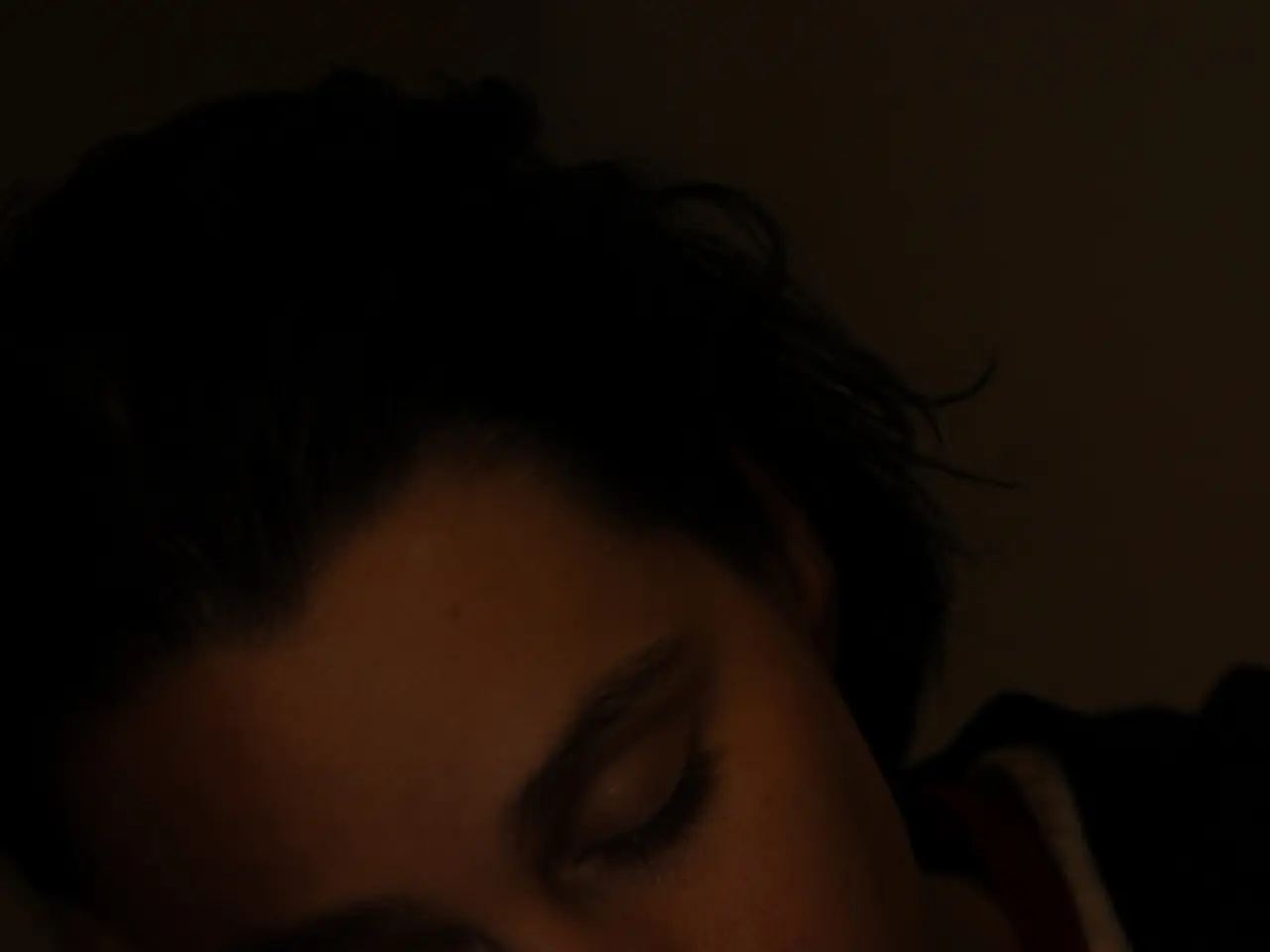Trail research advancements through ultra trailers examined by UTMB report
Study on Sleep Strategies for Ultra-Trail Runners Unveiled at UTMB
The Ultra-Trail du Mont-Blanc (UTMB) has been a hub for scientific research since 2007, with over 50 French and international projects conducted in various fields. This year, a study led by Rémy Hurdiel and Charlotte Edelsten focused on the effect of napping on the cognitive performance of ultra-trail runners over 160 kilometers.
The study involved 60 volunteers, including trail runners and a kinesiologist named Cédric Caset. The participants underwent a cognitive test three hours before the start of the race and at various points during the 175.3-kilometer course. They also wore sleep trackers on their wrists to monitor their sleep patterns throughout the race.
A pedagogical component was added to the study this year, with a masterclass on sleep strategies given to 23 ultra-trail runners in May. Among the participants were Hervé Conesa, Marthe Ducret, and Anna Kirkman.
Hervé Conesa learned that pushing fatigue too far and minimizing the duration of naps is counterproductive. Marthe Ducret, on the other hand, learned how to fall asleep and get up again, which helped her during the race. Anna Kirkman praised the benefits of her naps during the race, stating that she felt like a new person after sleeping.
The study also focused on the impact of sleep deprivation on decision-making and mood among ultra-trail runners. The researchers plan to assess the benefits of the training given during the masterclass on the performance of their trained volunteers.
Rémy Hurdiel and Charlotte Edelsten aim to get their knowledge out of academic circles and help ultra-trail runners learn how to fall asleep quickly for a few minutes. They also plan to develop a training project so that the data can benefit trail runners.
The UTMB medical team selects studies that could provide a concrete answer to a real-world problem and aim to benefit the runners. This study is part of the ongoing research projects conducted by scientists at the UTMB, with a focus on providing concrete answers to real-world problems and benefiting the runners.
The findings from the study could potentially be applied to other situations of sleep deprivation, such as shift workers, healthcare professionals, or firefighters. The ultimate goal is to develop a training project so that the data can benefit trail runners and potentially others facing similar challenges.








